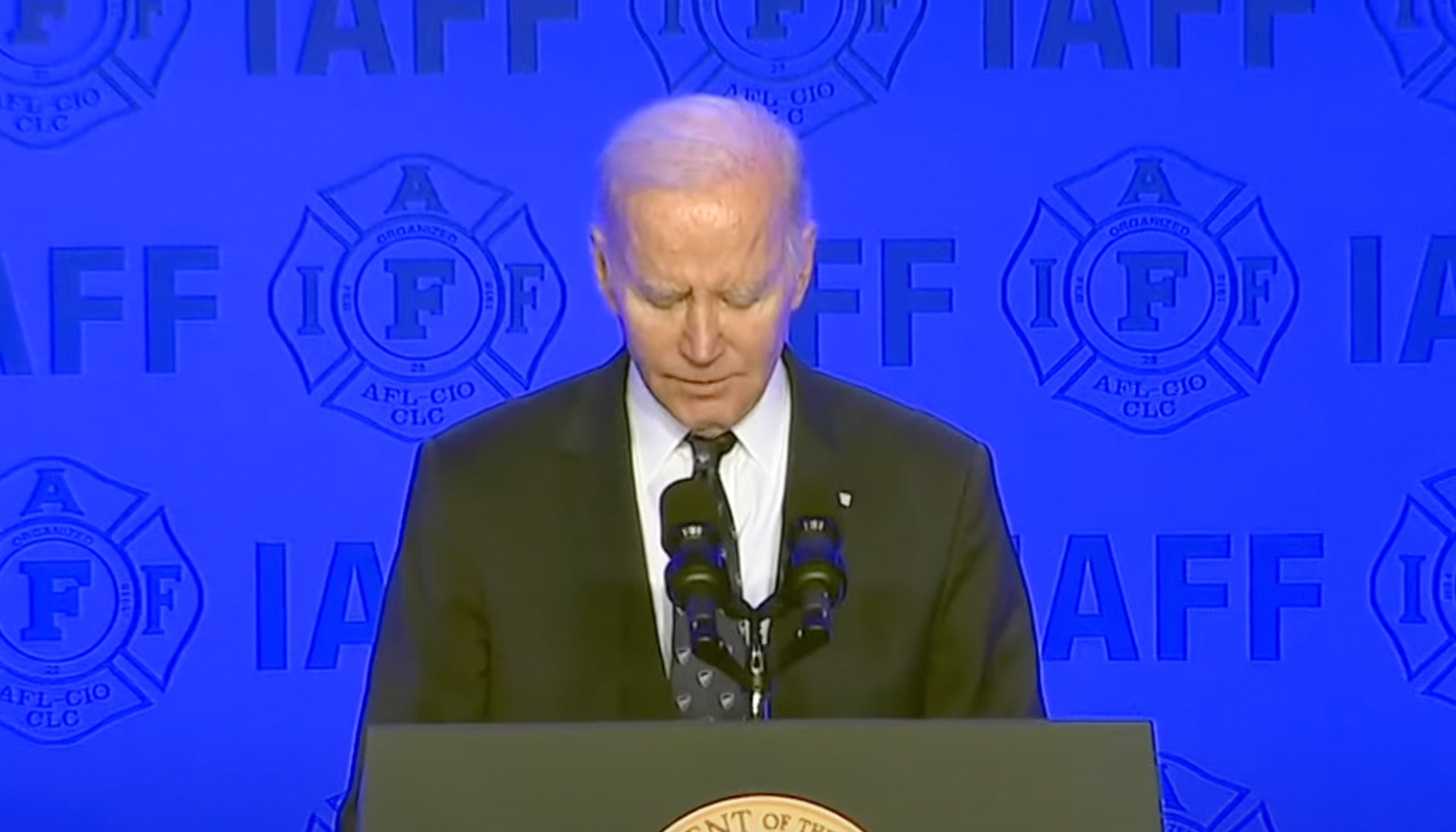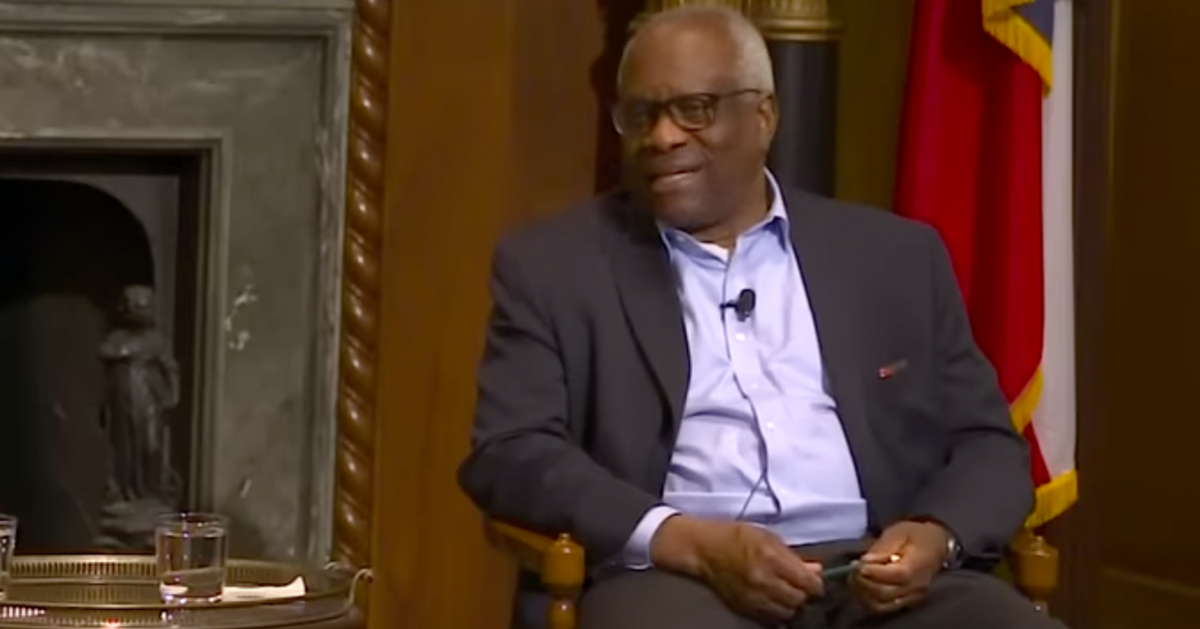Former FBI Deputy Admits Errors In Trump-Era Surveillance Case
Former FBI Deputy Director Andrew McCabe recently acknowledged significant lapses in the FBI's surveillance processes under his watch, particularly concerning an aide to then-presidential candidate Donald Trump.
In a revealing interview, McCabe discussed the FBI's mishandling of surveillance authorities during the 2016 Trump campaign, intensifying current debates on the renewal of crucial FISA provisions, as the Daily Wire reports.
McCabe's admissions came during a critical time as Congress debates the reauthorization of Section 702 of the Foreign Intelligence Surveillance Act (FISA), which he defended as essential for national security despite past errors.
McCabe Reflects on FISA's Impact and Errors
During a CNN appearance, McCabe confirmed that the FBI made errors in obtaining FISA authority to monitor Carter Page, a former advisor to Trump's campaign. He emphasized that the controversial surveillance did not utilize Section 702, but rather another part of the FISA legislation.
He revealed that he personally signed the FISA application for surveilling Page, and later expressed regret, stating he would not have signed it had he been privy to all the information at the time.
These revelations are significant as they come at a time when the FBI's surveillance authority is under intense scrutiny and the subject of national debate regarding its renewal.
Political Reactions and Trump's Criticism
The misuse of FISA surveillance has been a contentious issue, notably criticized by Donald Trump, who has been vocal about his opposition. Trump's criticisms recently influenced a pivotal decision in the House of Representatives, leading to a temporary halt in the reauthorization of Section 702.
"My guess … is that it’s not surprising that Donald Trump is against surveillance capacity and authority for the FBI because he is someone who’s been investigated by the FBI. But, nevertheless, he is absolutely wrong on this count," McCabe argued in his defense of the FBI's needs.
The ongoing debate in Congress and among public figures highlights the complex balance between national security needs and the rights of individuals.
Legal and Career Repercussions for McCabe
McCabe's own career was deeply affected by the controversy surrounding the surveillance. He was dismissed from the FBI in 2018, just days before his planned retirement, an action he claimed was politically motivated and linked to his role in the investigation into Trump's connections with Russia.
He subsequently sued over his dismissal, and in 2021, he settled with the Justice Department, regaining his pension. This legal battle underscored the ongoing tensions between political figures and intelligence agencies.
The complexities of these issues are reflected in the broader discussions about the necessity and scope of surveillance powers granted under FISA.
Efforts to Reform FISA and Future Challenges
FBI Director Christopher Wray, along with other security experts, continues to advocate for the preservation of Section 702, emphasizing its vital role in national security operations.
Recently, House Speaker Mike Johnson highlighted that the proposed FISA bill aimed to reauthorize Section 702 for five years while incorporating reforms to prevent the kind of misuse seen in the surveillance of Trump's campaign.
However, the bill faced opposition in the House, leading Johnson to announce plans to regroup and readdress the legislation, stressing the importance of not letting such a critical tool expire without adequate safeguards.
Conclusion: Reflecting on FISA's Controversial Use
In conclusion, McCabe's candid discussion about the FBI's past missteps with FISA surveillance sheds light on the ongoing debate over national security and individual rights.
The future of FISA, particularly Section 702, hangs in balance as lawmakers and officials navigate the complexities of reform and reauthorization.
The case of Carter Page remains a significant example of the potential for misuse, while the efforts to refine and improve these surveillance authorities continue to evolve in response to past controversies.






